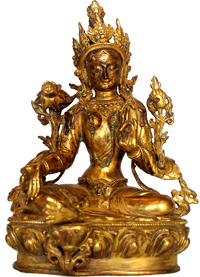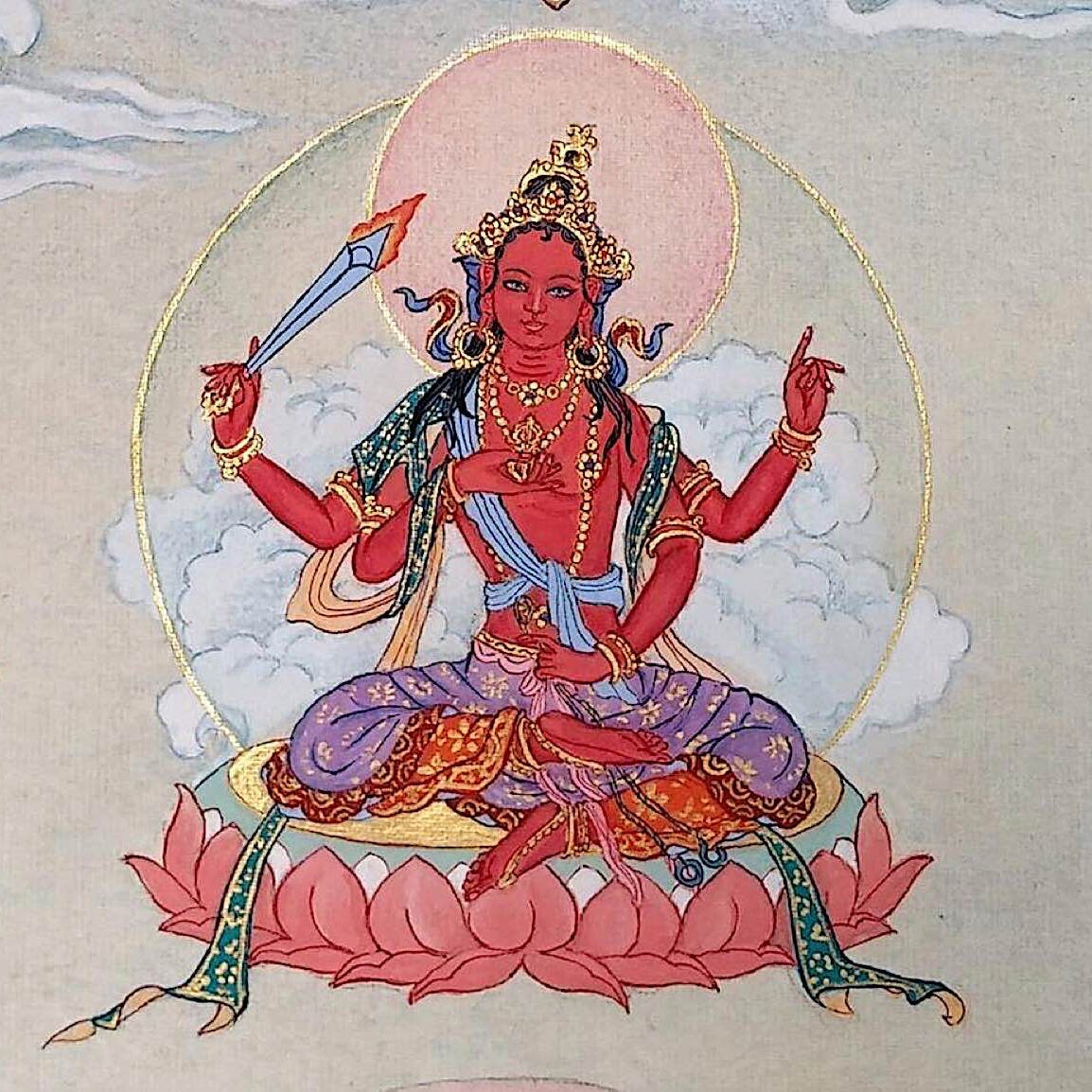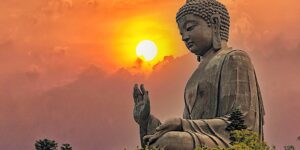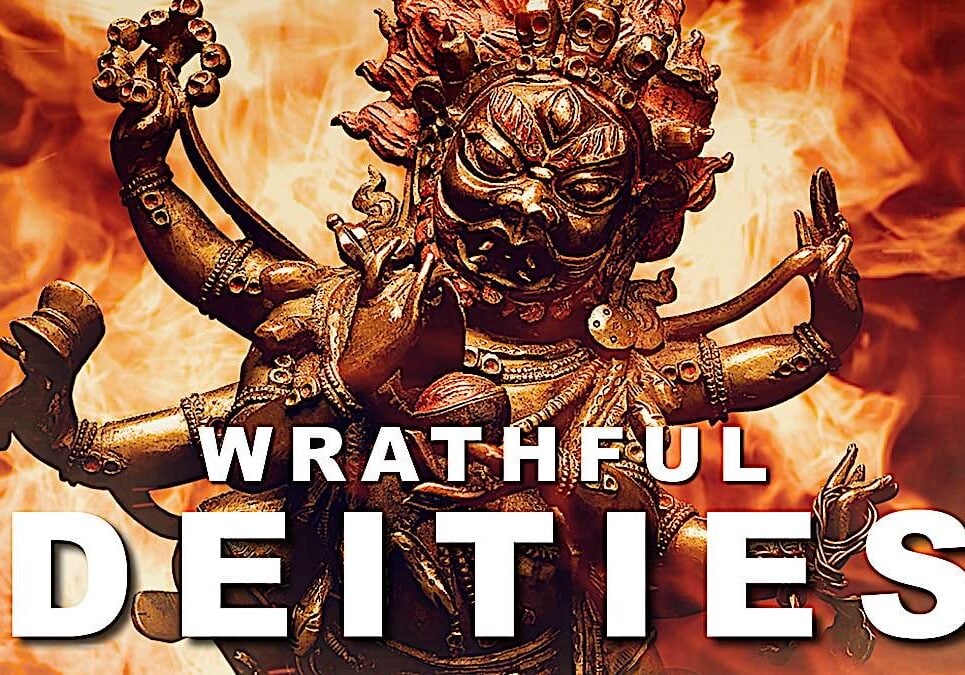Home
[smartslider3 slider=12]
Buddha Weekly's Latest Videos
[youtube-feed]
Buddha Weekly's Latest Features
Bliss helps us understand Emptiness without nihilism: Vajrayana develops faster insight through the balance of bliss and emptiness, compassion and wisdom, mandala and deity
"Emptiness is not a specialty of Vajrayana. Yidam meditation is part of Vajrayana, but is not the special quality of the Vajrayana. The special quality [that enhances the practice] really is the bliss." — Gelek Rimpoche [2] There is no Vajrayana Buddhism without the concept of bliss. In Buddhism generally, the...
Assu Sutta: Tears of suffering in Samsara greater than the “ocean of the four great oceans.” Buddha Sutra
In the Assa Sutta — apparently one of the saddest of the teachings — Buddha teaches us to drive our mission to escape Samsara by remembering our endless tears through our countless lives. (Full Sutta below in English.) Samsara is endless, suffering seems endless, our tears through the endless cycle of suffering...
Podcast: Wrathful Buddhas: The First Responders in Meditation How to Relate to the Fearsome Enlightened Deities
If you were facing a life-threatening scenario, would you call emergency services on your phone, calling for help from well-trained first responders — or call your kindly relative. If disaster strikes, we inevitably first think of our wonderful first-responders. In almost any scenario, we are conditioned to look for help from those...
Padmasambhava: “the source of accomplishment is the Yidam”; Yidam is systemized practice, not just a “deity”
"The source of blessings is the lama, the source of accomplishment is the yidam, and the source of activities is the dakinis." — Guru Rinpoche Padmasambhava Yidam is a method — usually a defined system of practices — rather than just a "deity" — as clearly stated by the great Lotus Born...
Wrathful Buddhas video: the first responders in meditation; how to relate to the fearsome Enlightened deities
If you were facing a life-threatening scenario, would you call emergency services on your phone, calling for help from well-trained first responders — or call your kindly relative. If disaster strikes, we inevitably first think of our wonderful first-responders. In almost any scenario, we are conditioned to look for help from those...
Visualizing your heart bond Yidam. How to choose one, how to improve clarity and concentration: Advice from Teachers
What advice do you have for students who have difficulties visualizing their Yidam to help them improve clarity and stabilization? Can you speak about how to pick a personal Yidam for your practice? [Transcript below video] Note: In Vajrayana advanced meditation, the student activates the mind's enlightened qualities by visualizing him/herself to...
Bodhi Day and Awakening to Dharma — celebrated on anniversary of Shakyamuni Gautauma Buddha’s Enlightenment
Bodhi Day is the precious day we celebrate Gautama Shakyamuni Buddha's Enlightenment, primarily in Mahayana Buddhist traditions. Although it is, perhaps, the most important day of the Buddhist calendar — celebrating the ultimate goal of the path, Enlightenment — it is a quiet day in most traditions. It is meant to be...
Fearless Buddhist: overcoming fear and becoming Gesar, : How to overcome fear in uncertain times, according to Pali Sutta, Mahayana Sutra and Tantra
Many of Buddha's teachings focus directly on overcoming our fears. In fact, when Buddha sat under the Bodhi tree to meditate on Enlightenment, he wrestled with Mara, the personification of fear. The source of fear Most of our fear and stress derives from what are known as the five poisons (kleshas) of:...
Metta meditation in times of crisis: “we all have a responsibility to exercise compassion” (Dalai Lama)
The Buddhist tradition of Metta meditation (or loving-kindness meditation) is one of the fundamental compassion-based practices that we can turn to in this time of crisis. This practice can help us to feel greater compassion for ourselves. It can reduce our stress response and in turn, improve other markers of health such...
‘Outside Tradition and Scripture’ – Zen Buddhism: “If you meet the Buddha, kill him.”
Zen holds a special place in the heart and mind for many, perhaps because it is "seemingly" singular in its simplicity and elegance. From single-pointed zazen mindfulness — facing a blank wall — to mysterious cyphers called Koans — "What is the sound of one hand clapping?" — Zen pursues the same...
Vajrapani, the “Hand of Buddha” defeats the poisons : pride, anger, hate and jealousy
Vajrapani's name means, literally, "Indestructible Hand" — the Hand of the Buddha. He is one of the three great Bodhisattvas, together with Avalokiteshvara (Chenrezig, Guanyin) and Manjushri, who respectively represent "power of Buddha," Compassion of Buddha, and Wisdom of Buddha. He is not only important in Mahayana sutra, but appears in early...
Buddhist Dharma Dates 2022: clearing the confusion on lunar calendars
Sacred lunar days 2022: why they're important, when and how to celebrate Buddha Days, Tsog Feasts, Puja Days in Tibetan, Mahayana, and Theravada Buddhist traditions Lunar calendars can be confusing — especially since there are three systems: lunisiderial, lunisolar, and pure lunar. For this reason, our Lunar Dharma Dates calendar has different...
Buddha Weekly’s Special Section
Tara, Mother of all Buddhas


Karma Mother
How does Tara Help?
Tara, like any Mother, is ready to jump to our aid, even in mundane areas of life. She is the “practical Buddha” — the “Karma Mother” — the Buddha most active in our lives. Her Sanskrit name translates as “a star by which to navigate” — and like a star, she is always with us whenever we look for her.

Tara on YouTube
21 Taras Mantra Video Playlist
An entire playlist of every one of the mantras for the 21 Taras. Don't miss the amazing Tara mantra chanting of Yoko Dharma for the each Tara of the 21 Taras according to Surya Gupta lineage. One video with many repetitions and visualized images for each Tara. The final video is the English-translated 21 Praises to Tara sung in English.















